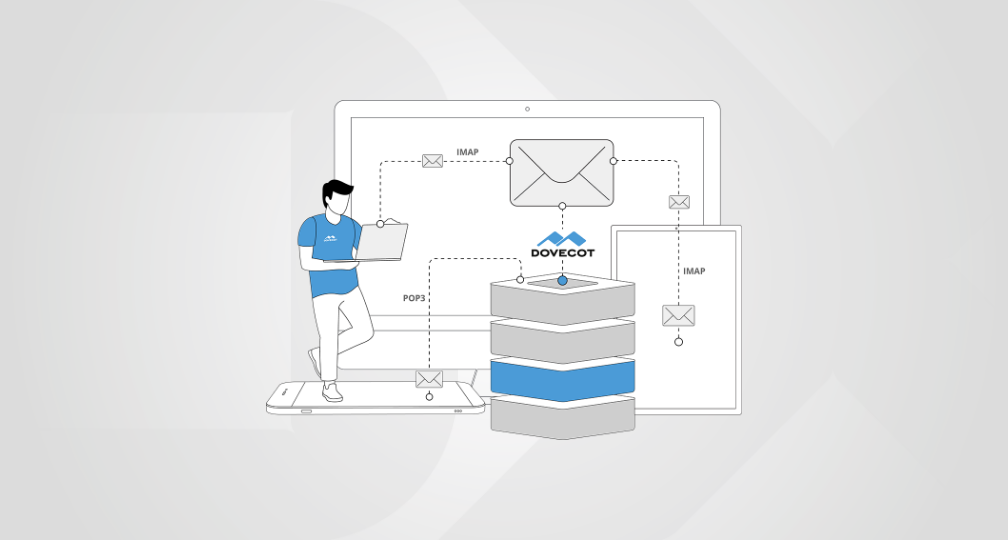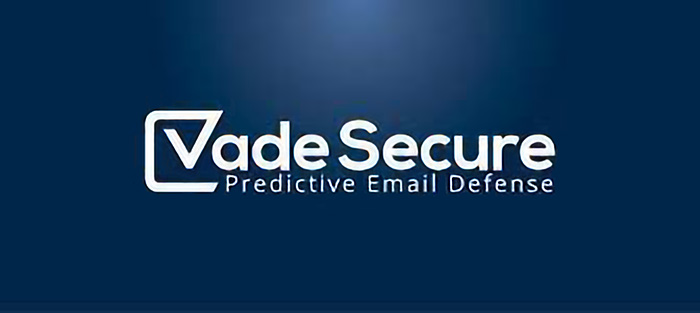We have talked with hosting companies in Europe over the last six months or so to gauge their reactions to the revelations about alleged spying and data privacy breaches, and to see what effect these have had on their businesses.
We heard that many hosting customers are already reluctant to put data on systems that may be located in the US. Some would say that fears over PRISM and foreign government intervention reinforce this reluctance and highlight many of the sovereignty concerns already present in Europe. Some service providers have talked about the increased demands being made on them to account for the location of their data. One company compared its current experience to the early days of colocation because of the number of customers asking to tour its datacenters (even asking to point out which server or rack their data is stored on).
While many concerns would appear to be irrational, others are based on more practical considerations such as regulatory considerations or heightened industry best practices. Some providers point to the cost advantage where the customer is prepared to contract on a non-specific-location basis – building a new facility to satisfy location requirements can involve significant investment. Other providers see the potential benefit: if the infrastructure is in place (or there is capital available to build), then it becomes a competitive advantage – for the time being.
Ultimately, if data location and local jurisdiction become a fundamental requirement for European hosters – whether as a result of PRISM or other privacy concerns – it is the large, US-based and mid-tier, Pan-European service providers that will potentially be getting squeezed. US hosters often have centralized datacenters supplying multiple regions, or focus on Western Europe – providing hubs to supply other countries from the outside. Smaller or regional providers typically service one market from easily identifiable locations within the country. Those providers in the middle may need to choose whether more data-sensitive markets are worth investing in.
Implications for Hosters
The revelations around PRISM have not gone down well with the EU. Revised data-protection regulations at the final stage in the European parliament propose tougher restrictions on the transfer of European data, making ISPs and other companies operating in Europe subject to EU law. Heavy fines will be imposed on those that infringe the new rules.
While concerns over data privacy prompted by PRISM are affecting the choice that customers make when it comes to contracting for hosted services, there is a feeling among service providers that current fears will fade and be replaced by something different. The PRISM effect is real and disruptive but may not last. Ultimately, the hosting market in Europe will continue to be driven by concerns about options and choice, particularly around the question of cost, convenience, availability and scale.
There is also the view that, in the long-term, data privacy may become less of a concern. Teenagers and those in their twenties are significantly more social in terms of their use of technology – via app location awareness, status sharing, life hacking, etc., and yet many of these future policy makers and consumers of cloud services are less concerned with their data privacy than the previous generation currently is.
This blog post is part of a 451 Research report. To continue reading, please visit https://bit.ly/1dKjWx9





